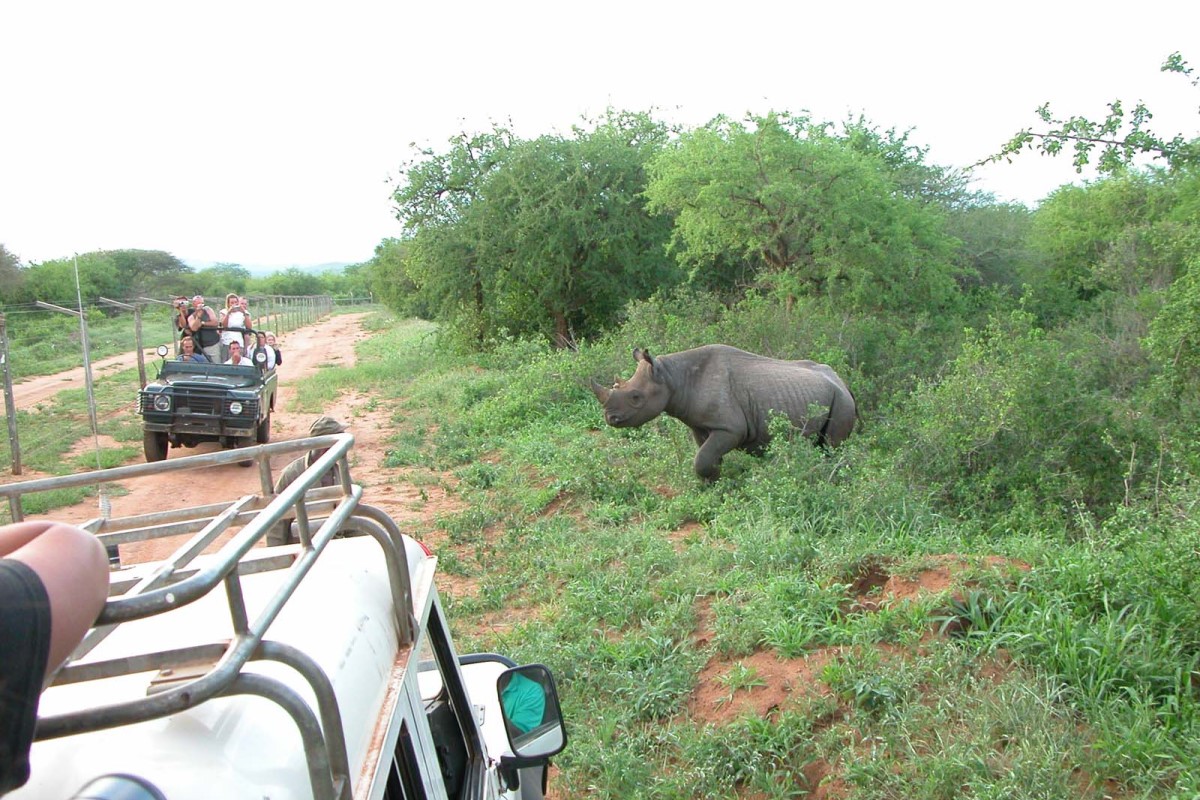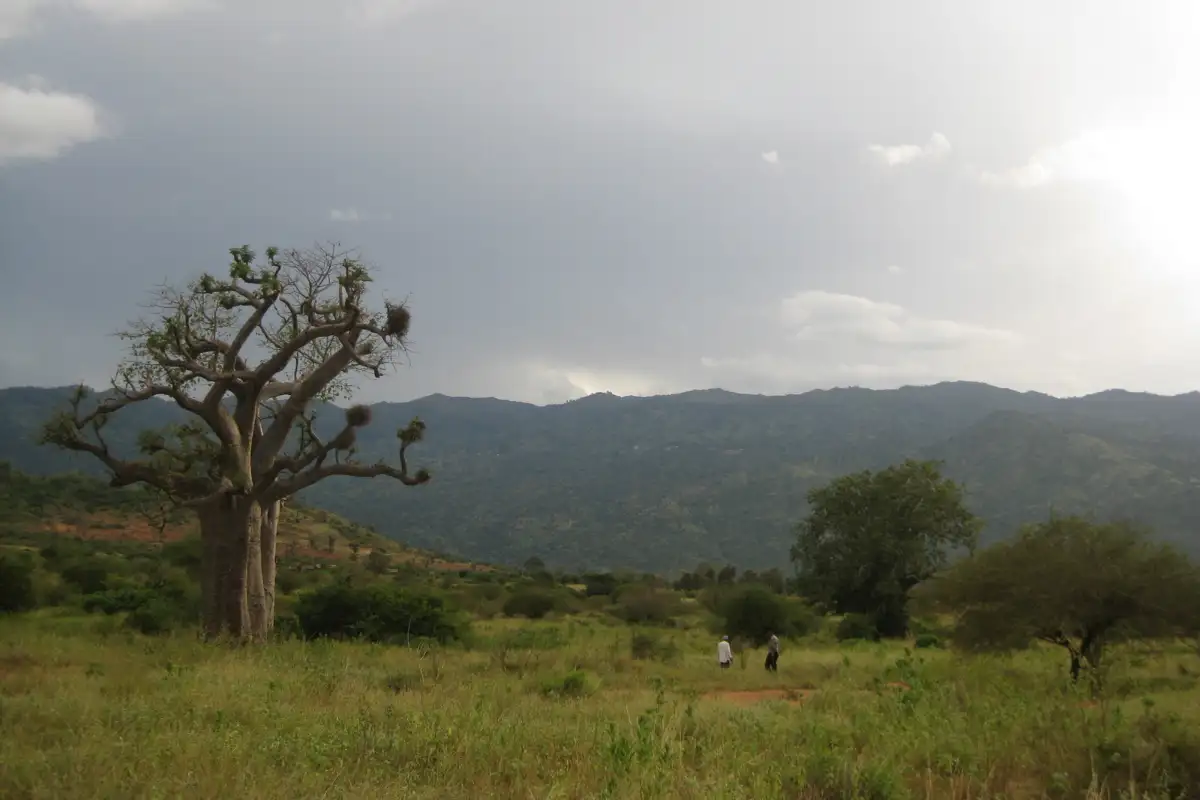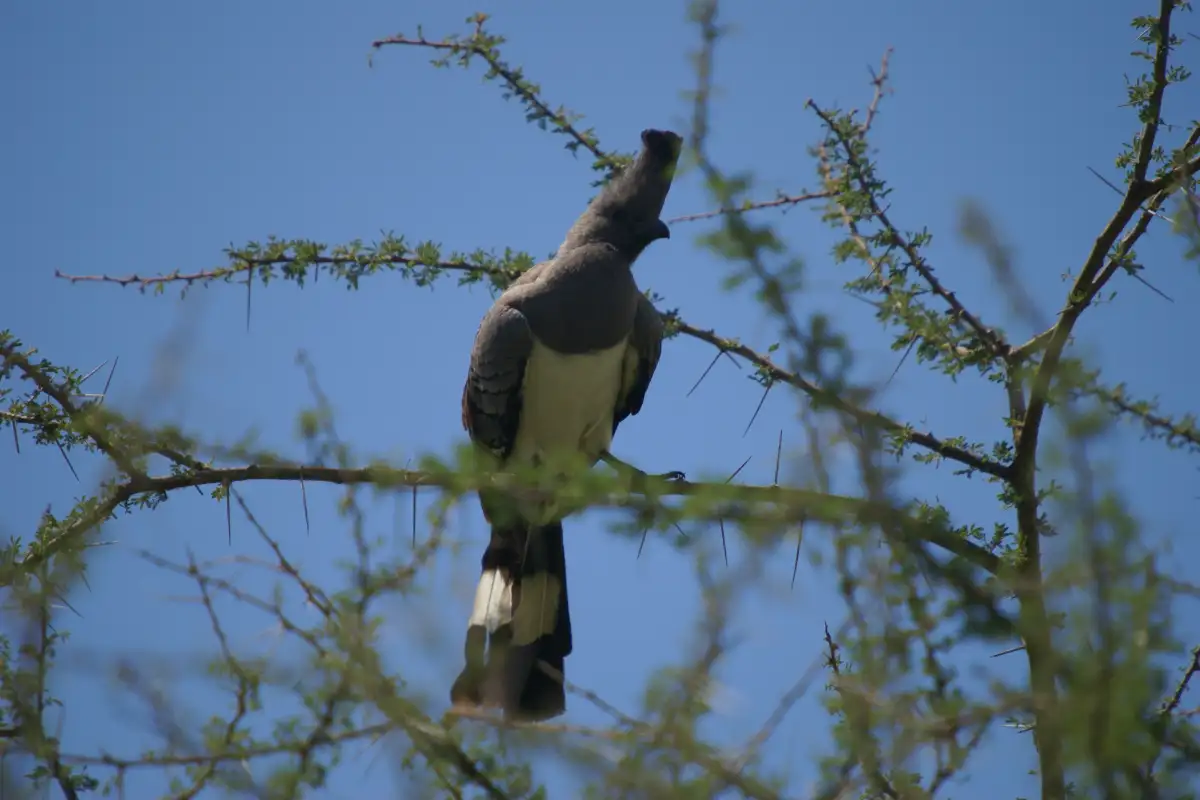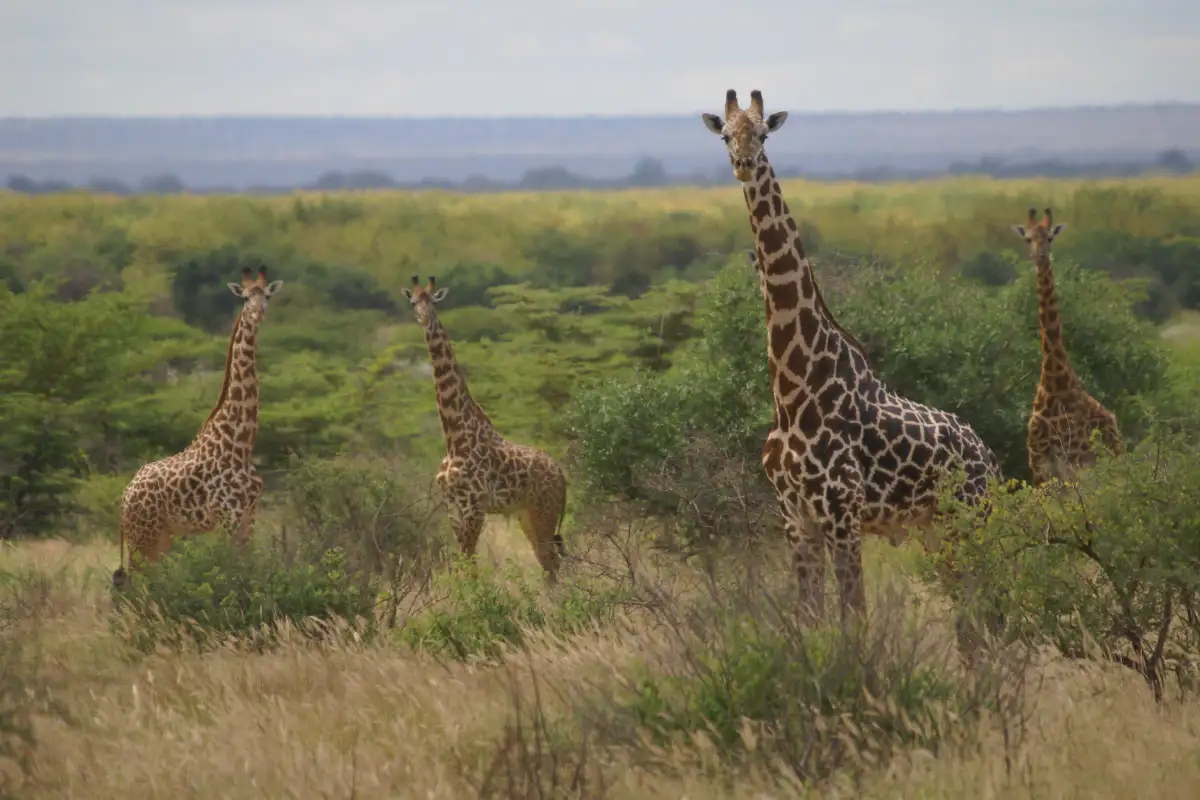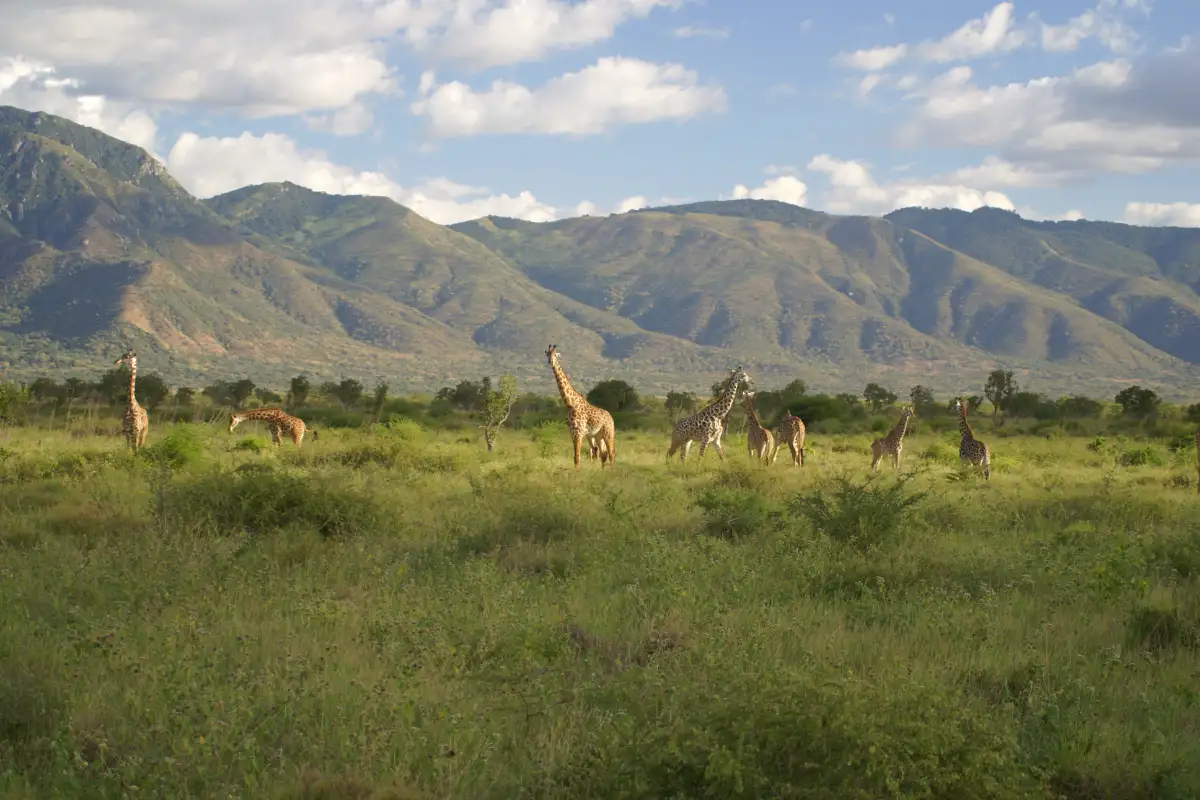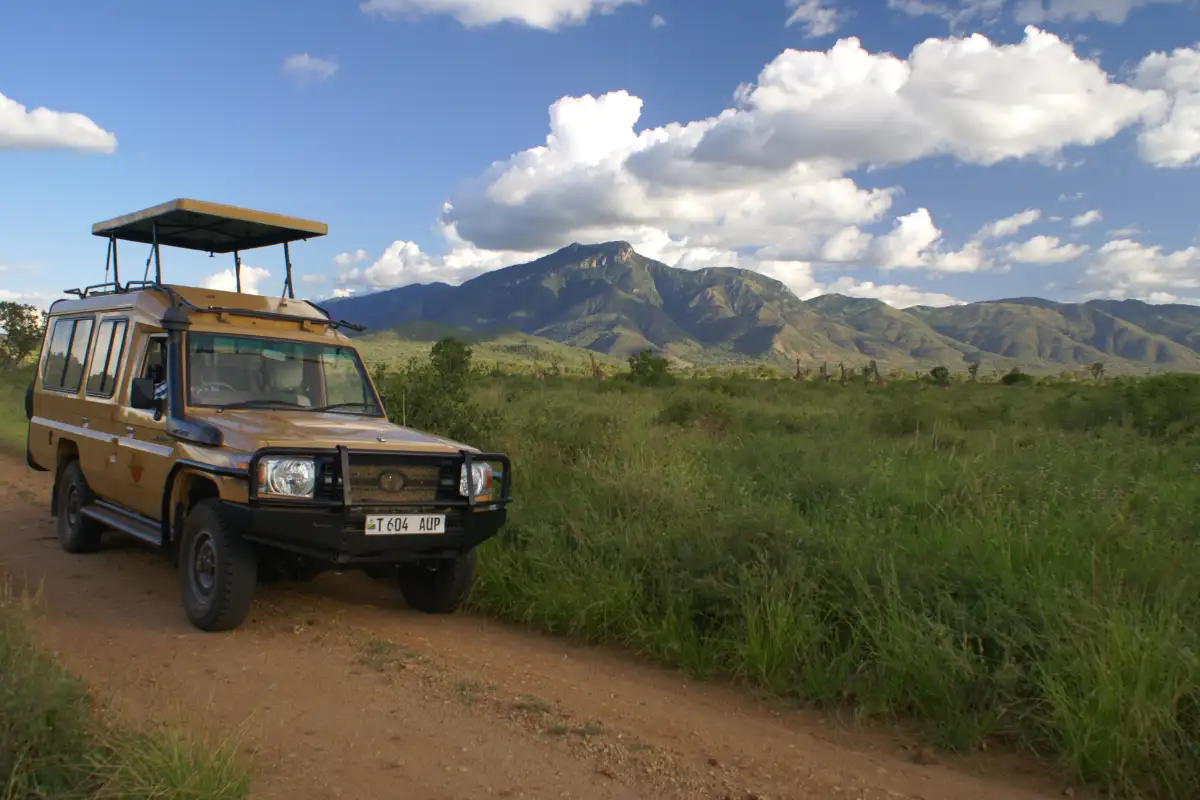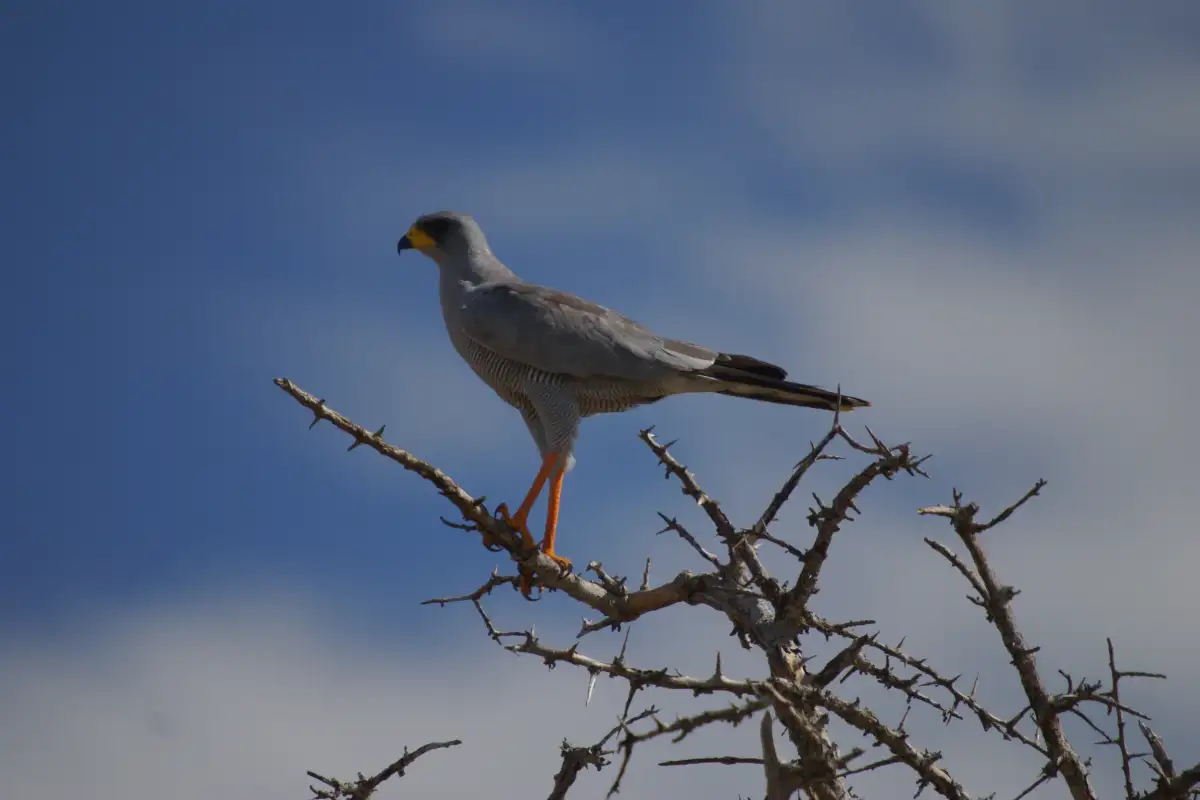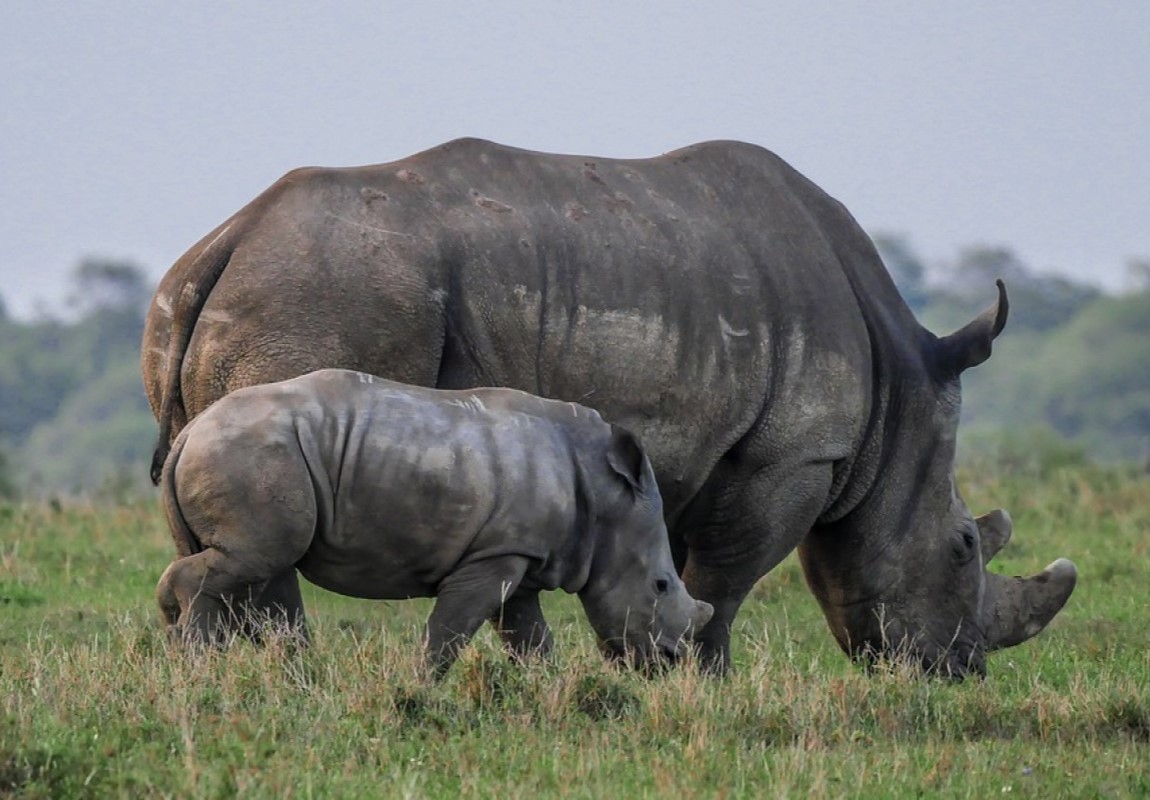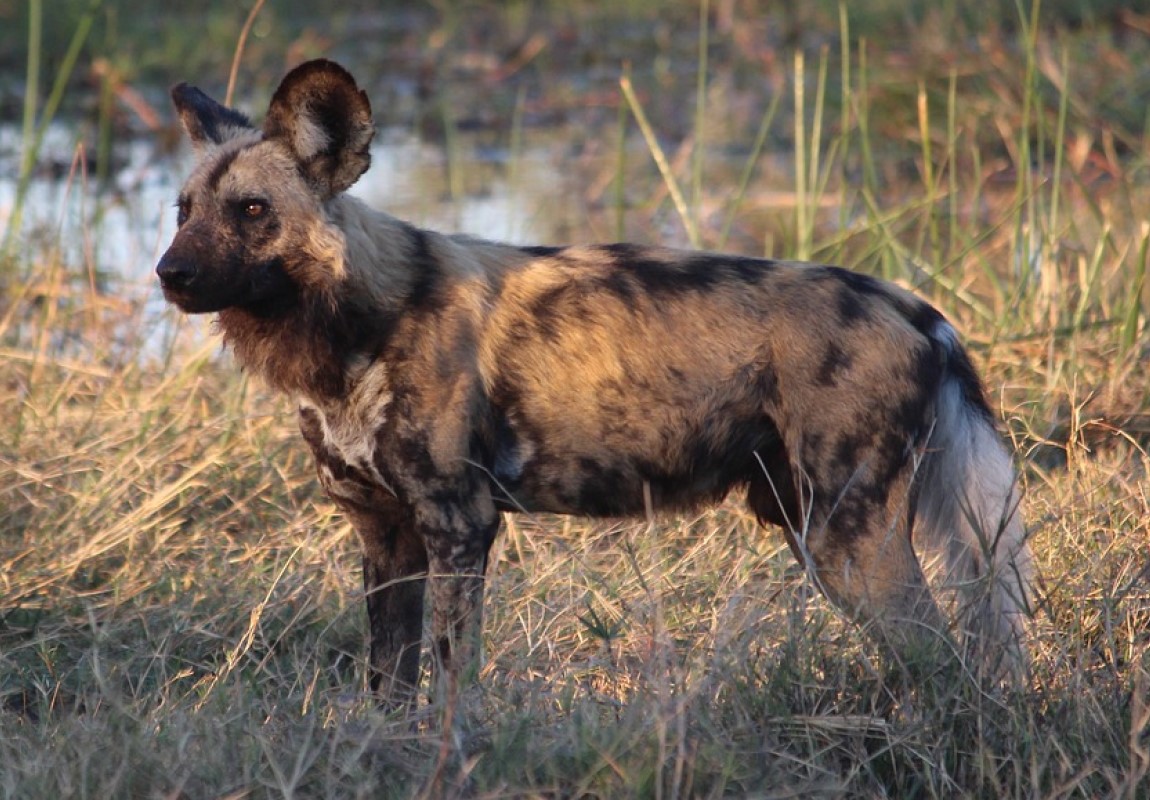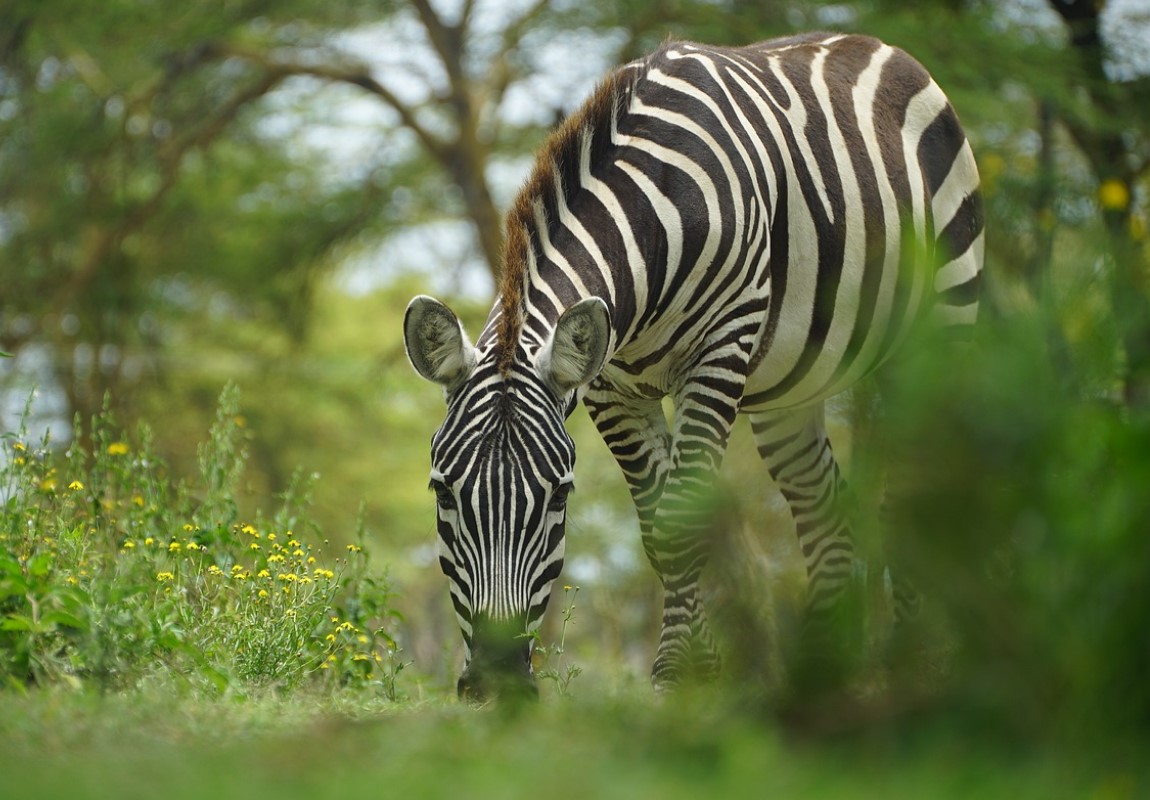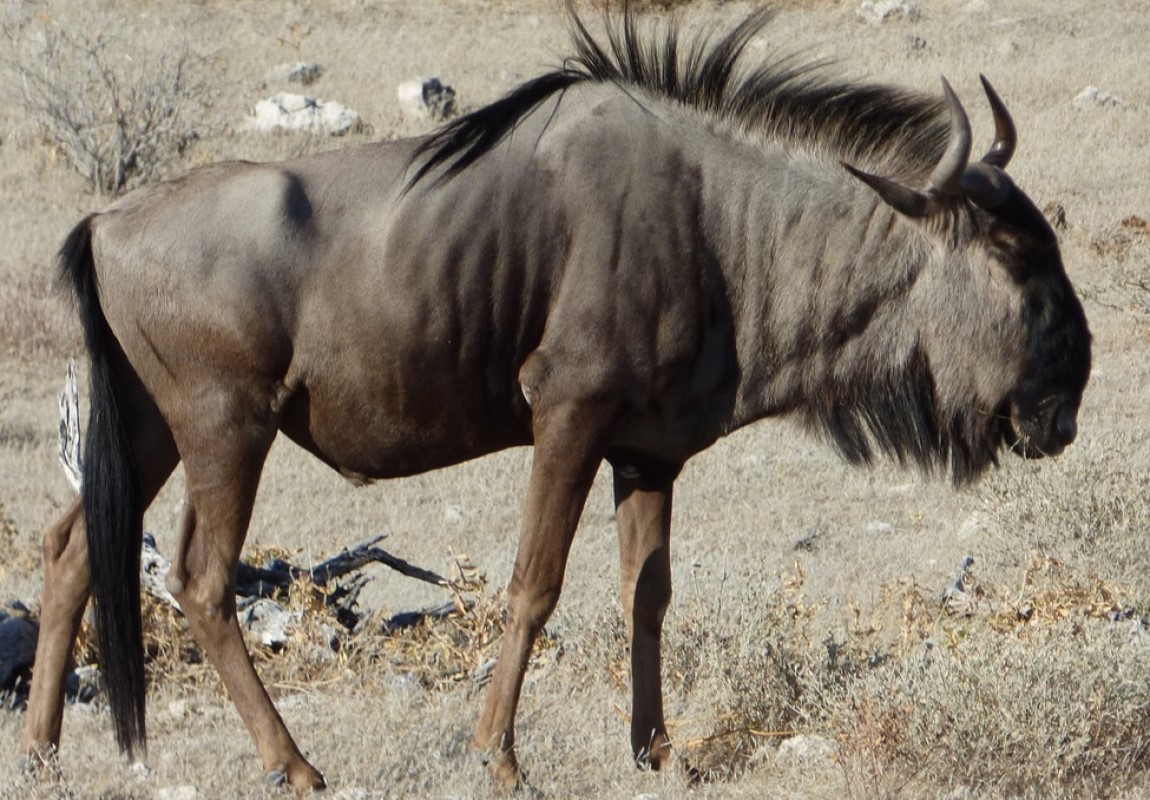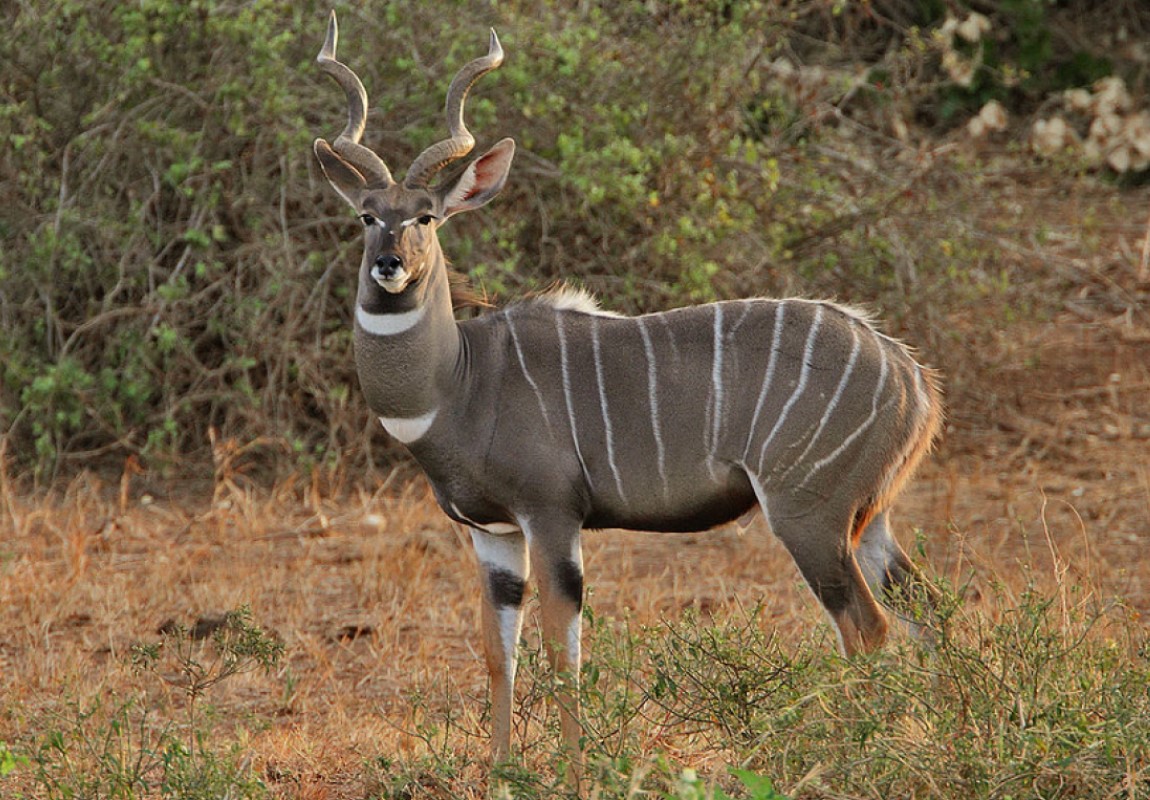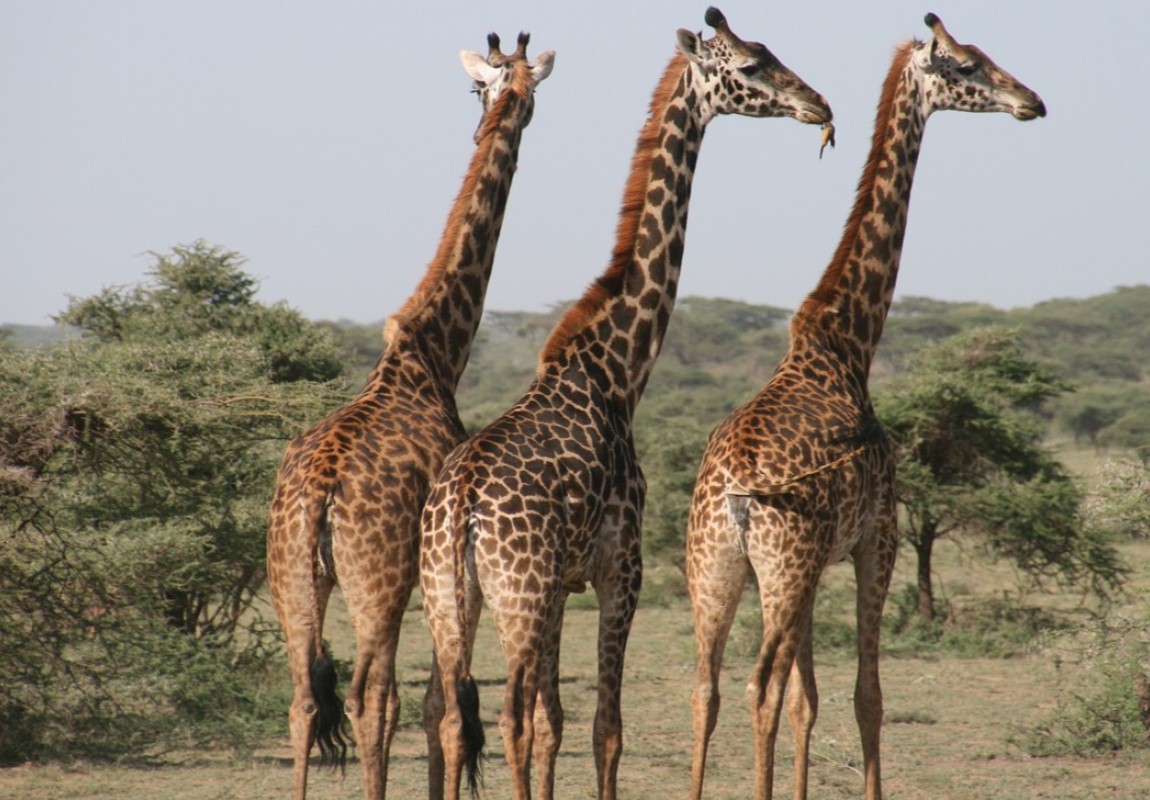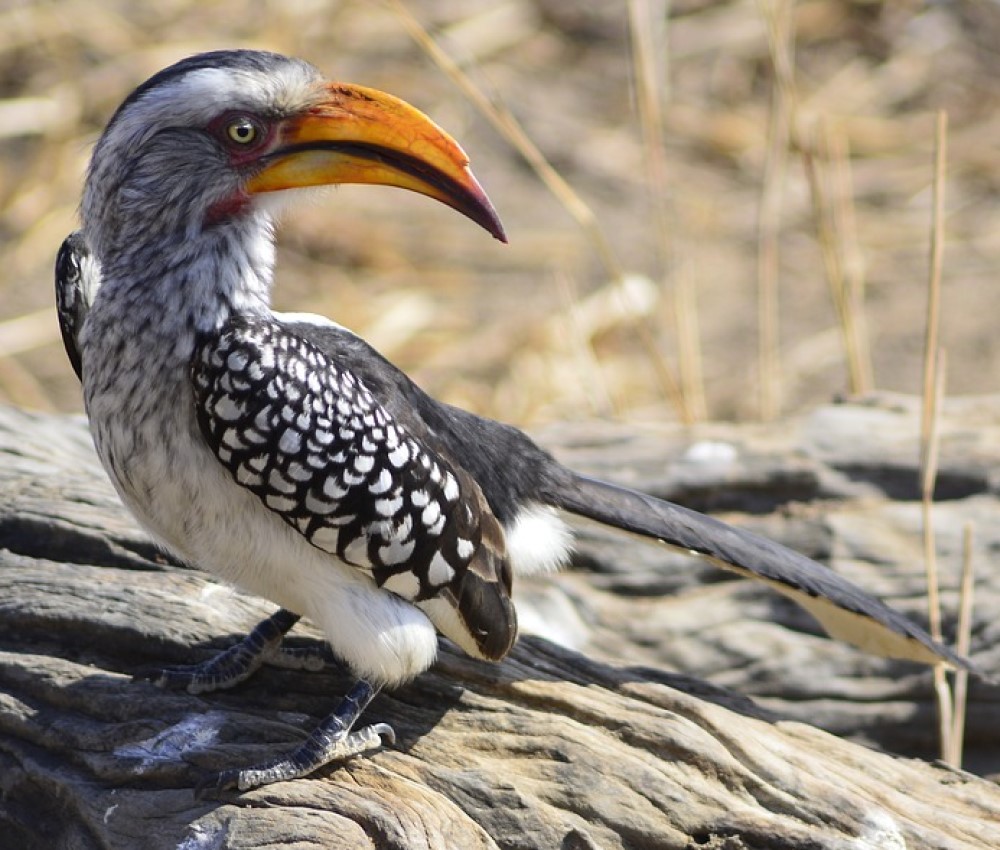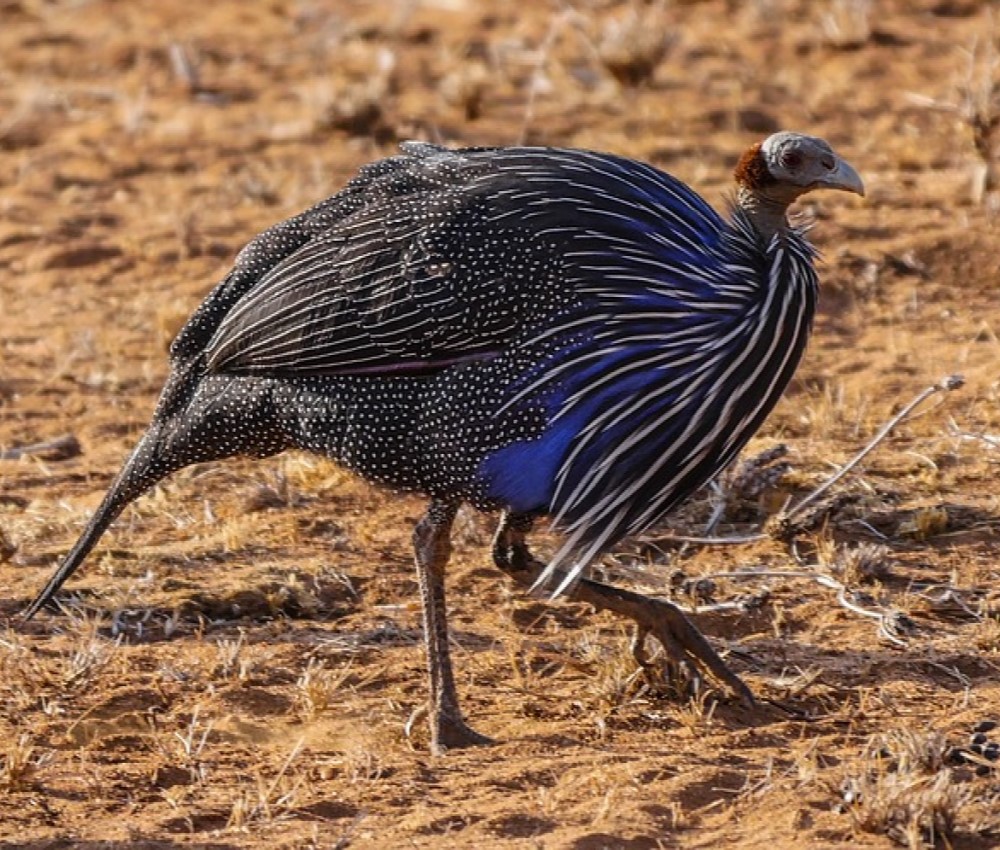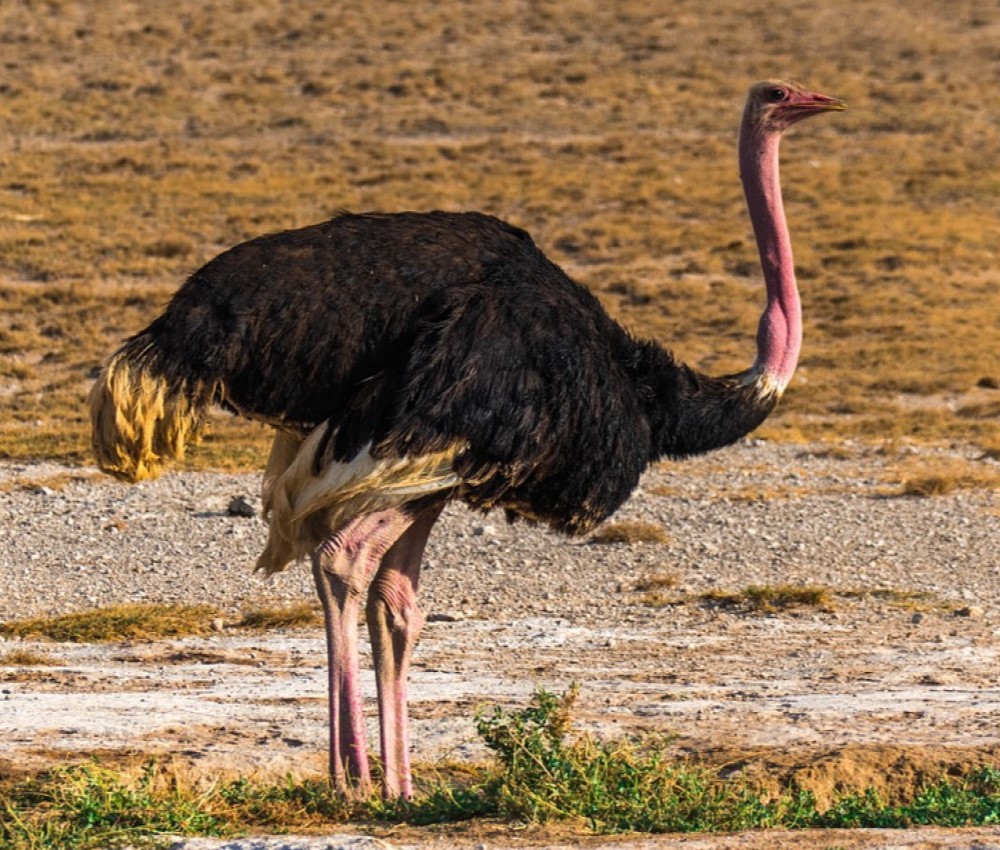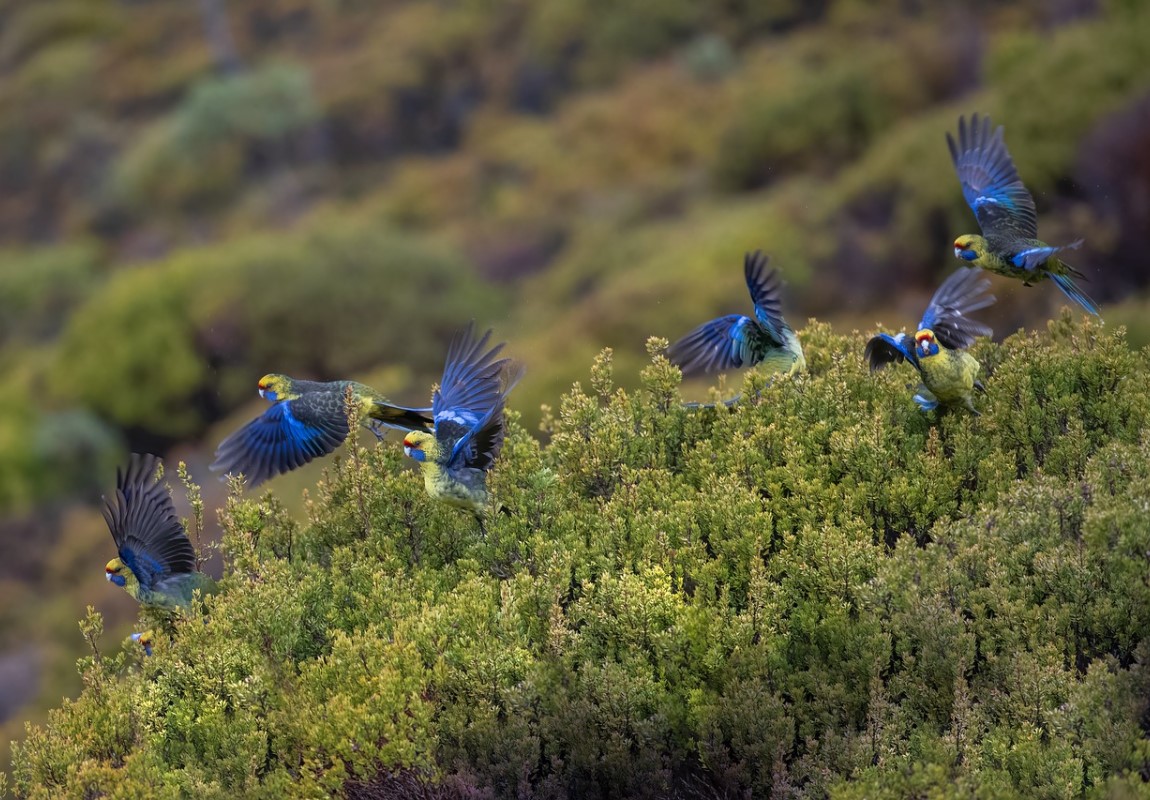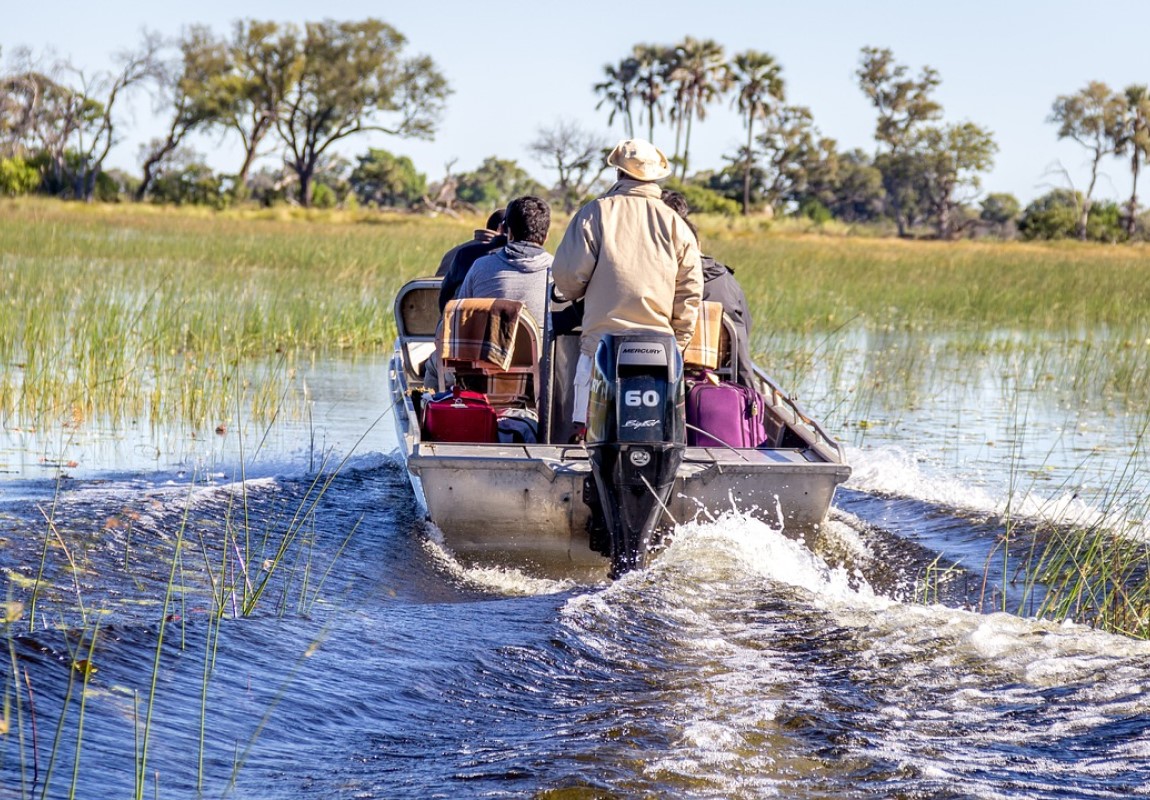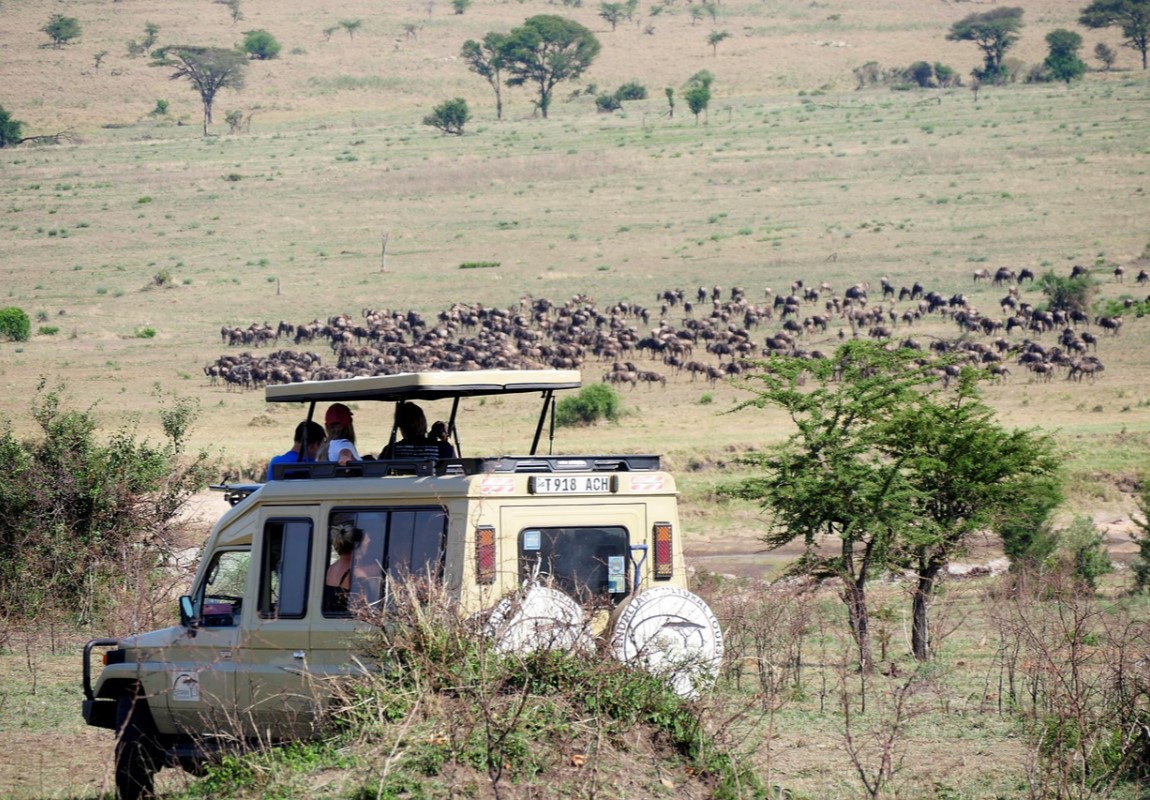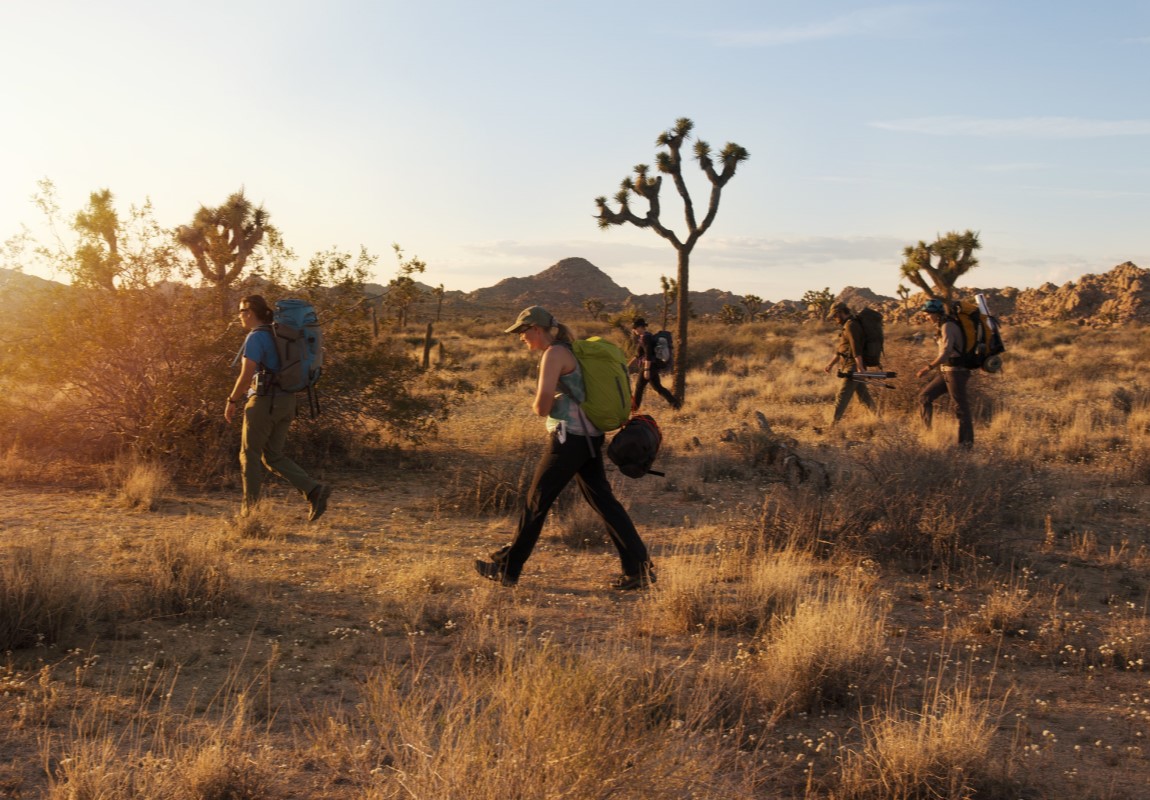Mkomazi National Park 
Mkomazi National Park - Tanzania Wildlife Destination
Starting from
$495PP
Overview
The Mkomazi National Park is a spectacular wilderness. Within sight to the northwest is Mount Kilimanjaro, Africa’s highest summit. To the south, the Pare and Usambara Mountains form a dramatic backdrop and, to the north, Kenya’s vast Tsavo National Park shares a border with Mkomazi, making common ground for migratory herds of elephant, oryx and zebra during the wet season. Together with Tsavo, it forms one of the largest and most important protected ecosystems on earth.
Pros & Cons
- Vital refuge for two highly endangered species, the charismatic black rhino and sociable African wild dog
- It’s a cheap alternative for the northern national parks
- Stunning scenery with views of Mt. Kilimanjaro
- Important bird area with several northern dry-country endemics
- Its not crowdy and the animals are acting natural
- A lovely tented camp is the perfect get-away
- Very few options for wildife viewing
- Very limited accommodation options are available
Map in Tanzania

Want to Visit Mkomazi National Park?
Gallery Images
Explore the stunning beauty of Mkomazi National Park through our curated collection of photographs showcasing its landscapes, wildlife, and natural wonders.
Want to Visit Mkomazi National Park?
Wildlife & Animals
Mkomazi is the southern tip of the Sahel zone. It is a classic dry-country reserve of grey-green nyika bush, ancient baobab trees and isolated rocky hills. The animals, too, are typical of the arid nyika. Giraffes, oryx, gerenuk, hartebeest, lesser kudu, eland, impala and Grant’s gazelle share the reserve with elephant, buffalo, and numerous predators, including lion, leopard and cheetah. In all, 78 species of mammals have been recorded.
Wildlife Highlights
Mkomazi is vital refuge for two highly endangered species, the charismatic black rhino and the sociable African wild dog, but both are held captive for security. The odd-looking gerenuk is sometimes found browsing while standing on its hind legs. The lesser kudu is another special antelope that can be found in the thicker bush.
Best Time for Wildlife Viewing
The best time to visit for Wildlife experiences is in the Dry Season from June to October. Wildlife is simpler to spot since vegetation is more slender and animals assemble around predictable water sources. During the Wet season (November to May) many animals migrate out of the park again, and wildlife viewing is not as good.
Want to Visit Mkomazi National Park?
Birds
The birds of Mkomazi are even more numerous, with over 400 recorded species. Doves, hornbills, weavers and guinea fowl are all present in large numbers – as well as such striking species as the martial eagle and violet wood hoopoe. It is also the only place in Tanzania where you are likely to see the striking vulturine guineafowl.
Best Time for Birding
The best time to do bird watching is from November to April when migratory birds from Europe and North Africa are present. This is also the time for nesting; so many resident birds can be seen in their breeding plumage.
Want to Visit Mkomazi National Park?
Best Time to Visit – Mkomazi National Park
The best time to visit for Wildlife experiences is in the Dry Season from June to October. Wildlife is simpler to spot since vegetation is more slender and animals assemble around predictable water sources. During the Wet season (November to May) many animals migrate out of the park again, and wildlife viewing is not as good.
June to October (Dry Season)
- Animals are easier to spot in the thinner vegetation
- It rains very little and most days are radiant
- Fewer mosquitoes and less chance of catching malaria
- Humidity is lower, and the heat isn't overwhelming
- There is a lot of dust in the air because it is very dry
November to May (Wet Season)
- Due to less crowd in this season, Pricing is very less to bring more travellers
- Birding is best as migratory birds are present
- The scenery is beautiful and at its most lush
- Elephants migrate into the park
- Roads become sloppy and difficult to travel
- It gets humid and hot
Want to Visit Mkomazi National Park?
Activities
Explore popular activities available in and around Mkomazi National Park.
Want to Visit Mkomazi National Park?
No FAQs available for this park yet.

 English
English French
French